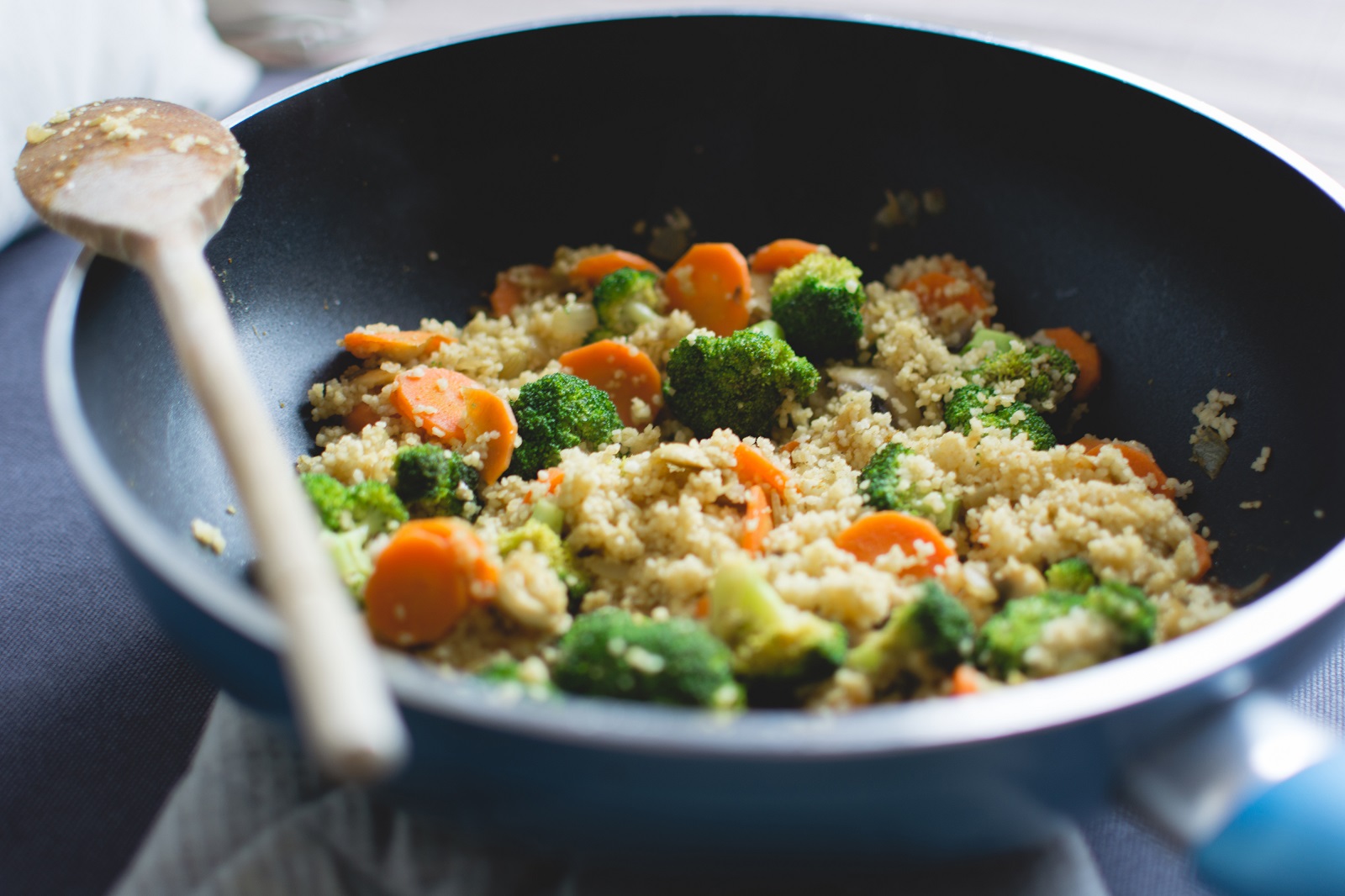If you’re about to head into your marathon taper, you’ve essentially done everything that hard work can achieve before race day. Now it’s time to reduce the amount of training you do and prepare from a tactical and logistical perspective. Here we’ll look at nutrition as part of that tactical work.
Carb load considerations
How you carb load will determine what you do in your taper with regards to nutrition. There are carb cycling routines which can last weeks that some people like to do, however, these tend to suit professional athletes more as they can more easily control every variable in their day-to-day life, and will include around 7 days of increased carb intake prior to the race.
For most of us, a 2 day carb load is more realistic, which means carb depletion isn’t the best idea.
Carb depletion
I’ve been asked a few times now whether we should drop carbs over the taper to help the body overcompensate for this when we then hit the carbs prior to race day.
There’s evidence that this can work, but my advice is generally not to. How your taper runs feel can hugely impact your confidence, and reducing carbs at this time will make these runs feel harder than they should, which in turn could make you doubt yourself. Add to this the fact that most people’s carb load, even for 2 days, isn’t actually that good, and you’ll probably be creating a recipe to start your marathon under-nourished.
Maintenance of calories/normal eating
Generally I’d aim to maintain a similar diet to your full training diet. Yes you’ll be reducing your mileage and strength training load, but your body is fairly intuitive and as such your hunger will reduce a little too. Be aware of habits and ask whether you’re actually hungry to avoid extra snacks and weight gain. Any weight you do gain would slow you down a bit, but in all honesty is likely to be fairly minimal.
Weight/body fat trajectory
A caveat to the advice to maintain your calorie intake is if you’ve already been gaining weight throughout marathon training. It’s not uncommon for people to put on a few pounds during marathon prep (I’ve been there too, don’t worry), eating more before their long runs to be ready, then more afterwards to refuel… just going overboard a little, or maybe a lot.
If you’ve been gaining weight, then maintain your carb and protein intake, dropping some calories from fats instead.
Not everyone weighs themselves that often. So if you haven’t, jump on the scales in the morning and see where you are. No judgement of yourself no matter what the scale says, just look at the facts and what you can sensibly do now without harming your health or marathon performance. Consider also whether any gained weight is potentially muscle if you feel you’ve been eating well and can see a more athletic looking reflection in the mirror than the scales alone would suggest.
How to cut a few calories without a negative effect
If you’ve gained a few pounds, you can drop 2-4 pounds prior to carb loading if you do it really well, without negatively impacting your marathon performance or taper mindset.
Look for small changes such as slight portion size reductions. Prioritise healthy eating and drinking, reducing the quantity/frequency of any takeaways or meals out and reducing or stopping alcohol intake.
Now you’ve done the hard work in training, dial in the last few weeks of nutrition to make the most of your efforts and get the best out of yourself on marathon day.
Written by Kyle Brooks, Running Coach based in Norwich, Norfolk

